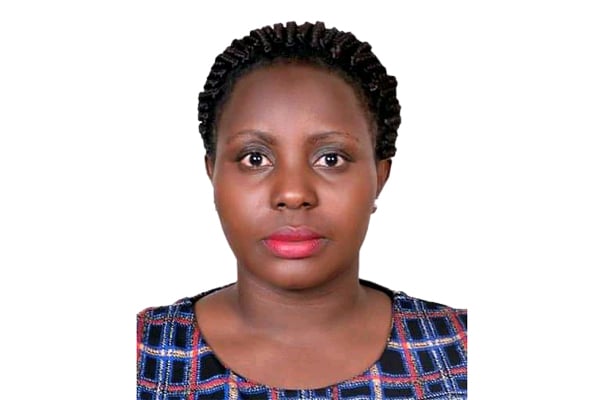Invest in nurses as a vision for future healthcare

Lillian Nuwabine
Admittedly, we are in fragile and unprecedented times. The world is still battling the Covid-19 pandemic. However, frontline healthcare workers globally continue to give us hope. It is important now, more than ever, to recognise the enormous efforts of our healthcare workers.
In Uganda, like any other country across the globe, nurses make up the majority of the health workforce. Nurses form the backbone of healthcare delivery in Uganda, making up 72 per cent of the public healthcare workforce with a nurse/patient ratio of one nurse for every 11,000 people, yet the recommended ratio is one nurse for every 1,000 people as per the World Health Organisation.
This International Nurses’ week running from May 6-12, it is vital to reflect on the contributions of nurses towards health promotion, disease prevention and care of the physically and mentally ill as well as disabled people of all ages.
In many caregiving settings, nurses are the primary providers of healthcare to individuals, families, and communities. The fight against Covid-19 has tested our health systems and helped us witness the undying commitment of our nurses towards the well-being of our population.
This should be an eye-opener on how urgently Uganda needs to rethink the investment in the nursing workforce to maximally utilise their potential, especially towards the broader aims of achieving Universal Health Coverage (UHC).
UHC ensures that there are no barriers to accessing health services, all people are covered, health services are comprehensive and all people are protected from financial hardship. This demands that we have a more flexible, responsive, and resilient health workforce.
If supported and well facilitated, nurses can effectively work in Uganda’s most remote areas to provide quality, accessible and cost-effective healthcare.
For us to realise the full potential of our nurses, we need the government to commit to investing in the development of the nursing workforce to increase their numbers.
We need to empower our nurses in task-shifting so that they can perform in expanded and diverse roles and functions, especially in rural and remote areas. That way, the country shall achieve maximum access to skilled nurses within communities in rural and urban areas.
Without sustained investment in the nursing workforce, it is unlikely that the country will achieve or sustain UHC in terms of accessibility and quality of care being provided. In addition, our health facilities ought to have adequate nursing staff operating in safe working conditions to protect them from mental and physical breakdown.
Although nurses constitute a majority of the health workforce, their contributions are often overlooked as reflected in the poor pay and exclusion from decision-making roles. Nurses should be actively involved in policy development and decision-making at all levels of the health sector and their salary packages increased to keep them motivated.
Effort should also be put into monitoring nursing education and training to ensure that the graduates at all levels meet the demands of the country’s health sector.
With an empowered and resilient nursing workforce, we can be assured that UHC is not only here with us but will last a mile for all future Ugandans.
This article was co-athoured by Martin Kefa Lubega, a nurse and author of “My Pregnancy Handbook” and Lilian Nuwabaine Luyima a nurse, midwife & women’s health specialist.




